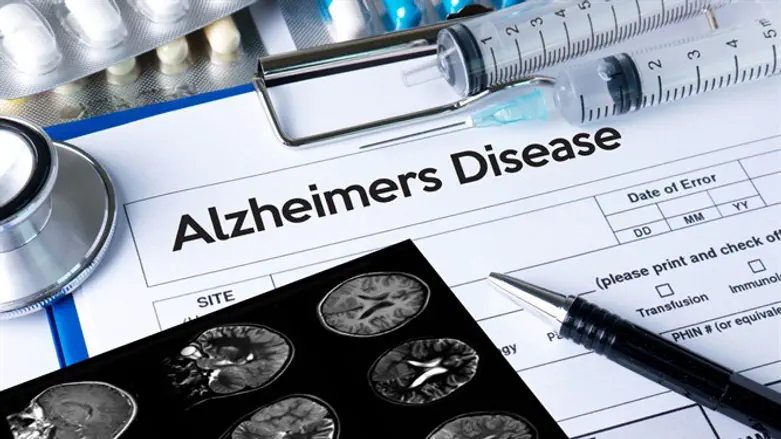
Researchers are prescribing exercise as if it were a drug in a study that aims to see if it can prevent Alzheimer's disease.
"We are testing if exercise is medicine for people with a mild memory problem," says Laura Baker, principal investigator of the nationwide EXERT study and associate director of the Alzheimer's Disease Research Center at Wake Forest School of Medicine.
The study, funded by the National Institute on Aging, could help determine whether exercise can protect people from the memory and thinking problems associated with Alzheimer's.
"The evidence in science has been building for the last 20 years to suggest that exercise at the right intensity could protect brain health as we age," Baker says.
But much of that evidence has come from studies that were small, ran for only a few months or relied on people's own estimates of how much they exercised.
The EXERT study is different. It's taking 300 people at high risk for Alzheimer's and randomly assigning them to one of two groups for 18 months.
Half the participants do aerobic exercise, like running on a treadmill. The other half do stretching and flexibility exercises for comparison.
The approach is a lot like the one pharmaceutical companies use to test new drugs. Except in this study, participants go to the local YMCA to take their medicine.
To qualify for the EXERT study, participants must be between 65 and 89 and not engage in regular exercise. They also must have mild cognitive impairment, a type of memory loss that often precedes Alzheimer's.
As part of the study, the participants undergo tests of memory and thinking. They also have tests to monitor blood flow in the brain, brain atrophy, and levels of toxic proteins associated with Alzheimer's.
All that data will help make the study results definitive, says Howard Feldman, a professor of neuroscience at the University of California, San Diego and director of the Alzheimer's Disease Cooperative Study, a consortium that's overseeing the EXERT study.
"We will not only understand whether the intervention helps people on a clinical outcome but actually what the scientific basis is," Feldman says.
And even if the study fails to preserve memory, he says, participants are getting a benefit from it.